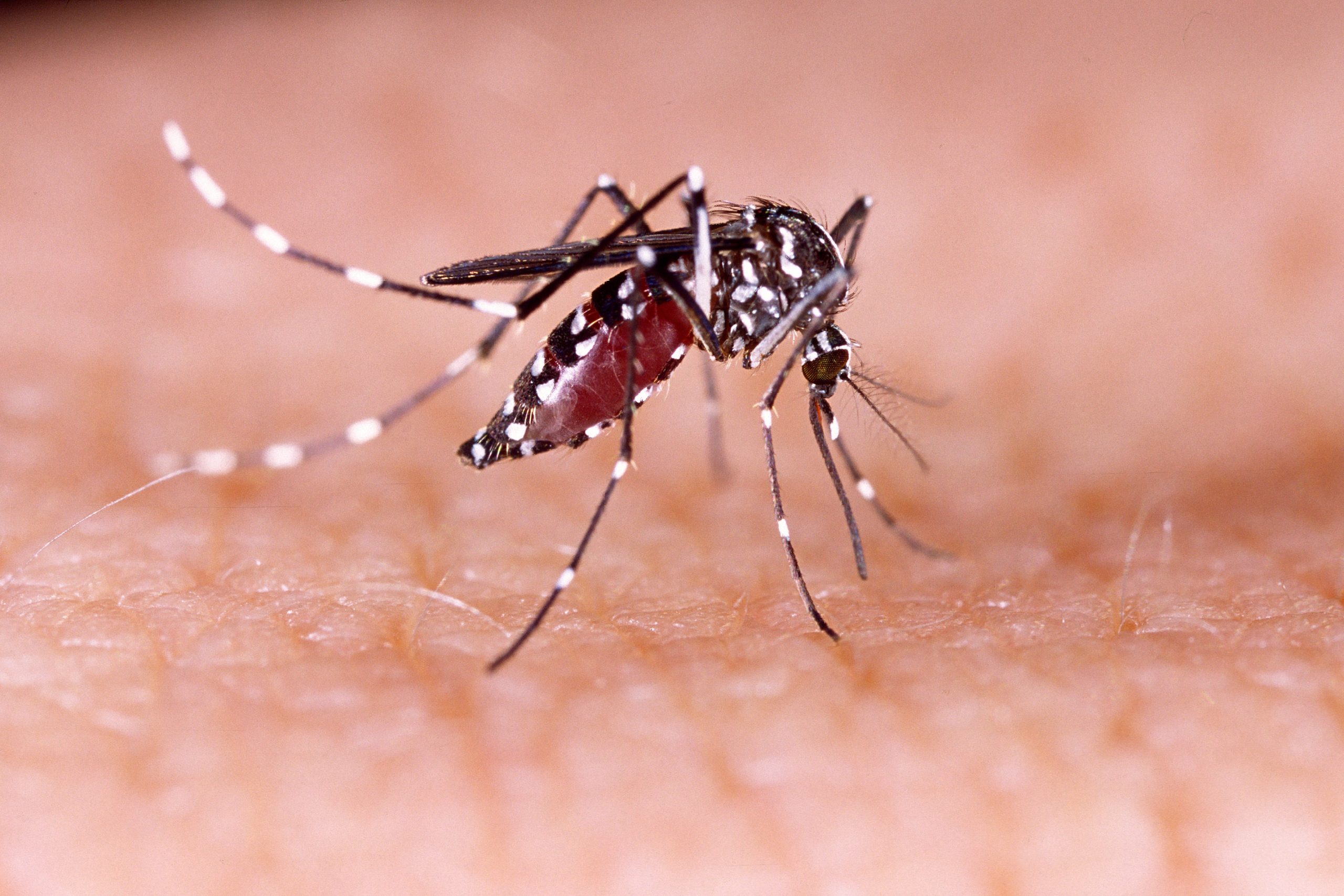New Delhi: The Indian Council of Medical Research (ICMR) and Panacea Biotec have taken a historic step in India’s battle against dengue by initiating the first-ever Phase 3 clinical trial for an indigenous dengue vaccine. The vaccine, named DengiAll, has been developed by Panacea Biotec and marks a significant milestone in India’s healthcare sector. The trial officially began today with the vaccination of the first participant at Pandit Bhagwat Dayal Sharma Post Graduate Institute of Medical Sciences (PGIMS) in Rohtak.
Union Minister of Health & Family Welfare, Shri J.P. Nadda, lauded the commencement of the trial, stating, “The initiation of this Phase 3 clinical trial for India’s first indigenous dengue vaccine marks a critical advancement in our fight against dengue. It reflects our commitment to protecting our citizens from this pervasive disease and underscores India’s capabilities in vaccine research and development. Through this collaboration between ICMR and Panacea Biotec, we are not only taking a step towards ensuring the health and well-being of our people but also reinforcing our vision of Atmanirbhar Bharat in the healthcare sector.”
Dengue remains a significant public health challenge in India, with no current antiviral treatment or licensed vaccine available in the country. The development of an effective dengue vaccine is particularly complex due to the need to achieve strong efficacy against all four serotypes of the dengue virus, which are known to circulate or co-circulate in many regions of India.
The tetravalent dengue vaccine strain (TV003/TV005), originally developed by the National Institutes of Health (NIH) in the USA, has shown promising results in preclinical and clinical trials globally. Panacea Biotec, one of the three Indian companies to receive the strain, is leading the way in the vaccine’s development. The company has extensively worked on these strains to create a fully developed vaccine formulation and has secured a process patent for its work. Phase 1 and 2 clinical trials of the Indian formulation were completed between 2018 and 2019, yielding encouraging outcomes.
The Phase 3 trial, conducted in collaboration with ICMR, will take place across 19 sites in 18 States and Union Territories of India, involving more than 10,335 healthy adult participants. Funded primarily by ICMR, with additional support from Panacea Biotec, the trial will monitor participants for two years. This endeavor represents a significant stride towards developing a homegrown solution to one of India’s most urgent public health issues and embodies the nation’s commitment to self-reliance under the Atmanirbhar Bharat initiative.





